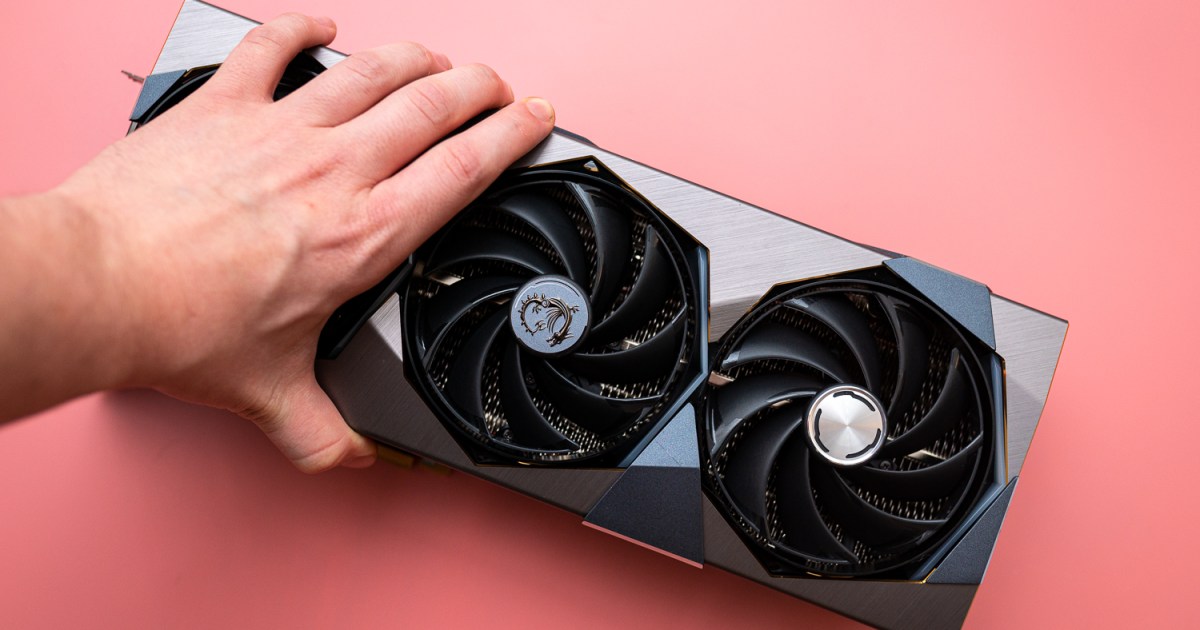Nvidia’s RTX 50-series graphics cards are set to arrive in a matter of days, and although they could be among the best graphics cards you can buy, Nvidia itself might’ve just given PC gamers a reason to sit out this generation. According to Nvidia’s Bryan Catanzaro — the company’s DLSS champion — it might be possible to add features like DLSS Multi-Frame Generation to older generations of graphics cards.
The news comes via an interview Catanzaro did with Digital Foundry, where the question about frame generation on RTX 30-series GPUs came up. Catanzaro says enabling frame generation on older generations “is primarily a question of optimization,” and says that Nvidia will “see what we’re able to squeeze out of older hardware in the future.”
Over the past two generations, Nvidia has put a much greater emphasis on DLSS when marketing its graphics cards. That’s true with its latest RTX 50-series GPUs, as well, which promise up to 4X frame generation with DLSS 4. That feature is exclusive to Nvidia’s latest graphics cards, but Catanzaro’s comment doesn’t rule out the possibility of these features coming to older generations in the future.
It should be possible, albeit with a quality or performance loss. Tools like Lossless Scaling have provided a glimpse into multi-frame generation, and although the experience isn’t perfect, it’s still usable. Nvidia’s older RTX 40-series and 30-series GPUs may not have the latest Tensor cores available on RTX 50-series GPUs, but they still have some AI hardware — and they should, theoretically, be able to perform frame generation.
Get your weekly teardown of the tech behind PC gaming
The question for Nvidia, it seems, isn’t about if frame generation is possible on older generations; it’s if frame generation is practical. There would likely be a quality loss if Nvidia were to backport its frame generation tech, but the larger concern is performance. It’s possible that enabling these features on older graphics cards could bring up several issues.
First, there’s the overhead. Faster Tensor cores means that RTX 50-series GPUs don’t need to spend a long time on the frame generation algorithm, and with weaker AI hardware, older generations may spend too long processing the algorithm. That could lead to little or no performance gain. There’s also the issue of frame pacing to contend with, which is something Nvidia has to keep in careful balance with RTX 40-series and 50-series GPUs.
Although it’s an open question as to if Nvidia will bring frame generation to previous generations, all RTX graphics cards will benefit from DLSS 4. The company moved from a Convolutional Neural Network (CNN) to a transformer model, which it says provides quality improvements for all RTX graphics cards that are using DLSS in some fashion.


